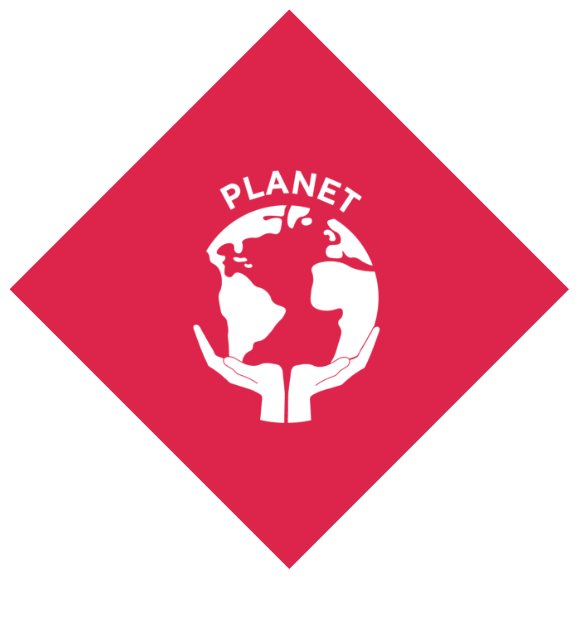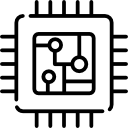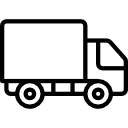Participating Teams
Here you can see an overview of all the TU/e Contest candidates and teams. You can also filter on category, cluster of teams that are still looking for members!

Utemaru
Outdoor furniture in general, and benches most specifically, are currently built with non-sustainable and imported materials and building practices and with very little concern about both the users and the environment where it occurs. This leaves both with unmet needs that can range from being comfortable to having a liveable habitat.

Nurdle Soup
Nurdle Soup strives to fill the unmet, pressing need for environmental sensing to localize and remove plastic spills of all sizes in ecologically vulnerable areas. Our focus is on prioritizing the protection of sensitive ecosystems, while also raising awareness on the global microplastics crisis, especially amongst the plastics industry, policy makers and cleaning initiatives. The magnitude of the impact of plastic pollution on the environment continues to grow, making this mission critical.


SCICLE
Energy is the backbone of every discussion in this day and age. Storing energy after its conversion from various mechanisms, and making a well-connected grid out of it is a challenge. As we dig deeper into scientific knowledge to tackle this, I thought, why not try to obtain energy from the most basic activity: cycling. E-bikes are gaining momentum because of its energy efficiency and rechargeable battery concepts. If we went a step further, can we use the energy stored in the battery to power a house or basic utilities at best?

pha-biopolymer
There is a surplus of manure in the Netherlands. Mandatory manure processing is not profitable and needs high subsidies.

CORE CHANGEMAKERS
Globally, over 50 million metric tons of e-waste is generated annually, with only 20% being collected and recycled. The remaining 80% is undocumented and often ends up being traded, dumped, or recycled under poor conditions. Improper treatment of e-waste harms the environment and the health of humans and animals. E-waste contains 60 different chemical elements that spread via water, air, soil, dust, and food, with hazardous elements like lead, mercury, and cadmium posing a particular threat to children. Poor e-waste recycling also results in the depletion of rare and precious materials like gold and platinum, which could lead to shortages and further environmental damage.

Smart Waste Bins
With the climate and other crises staring at us in the face, it is paramount that we develop technologies that help drive humanity sustainably toward the future. Currently, the municipalities are not solving the waste issues using the data because there is no data about the waste that the city generates, to begin with. So, through my idea, I would like Eindhoven City to generate more insights into the waste that the city generates every day. In this way, we will gear toward making the waste management chain, a data-driven chain.

Catalyze
Our society and agricultural sector are facing daunting challenges. In the Netherlands, but also in southern-European countries, droughts are increasingly common. Next to that, the agricultural sector is facing increasing scrutiny and is pushed to bring down its nitrogen emissions. These problems affect our food supply, access to clean drinking water and quality of life.

.png)
.png)





